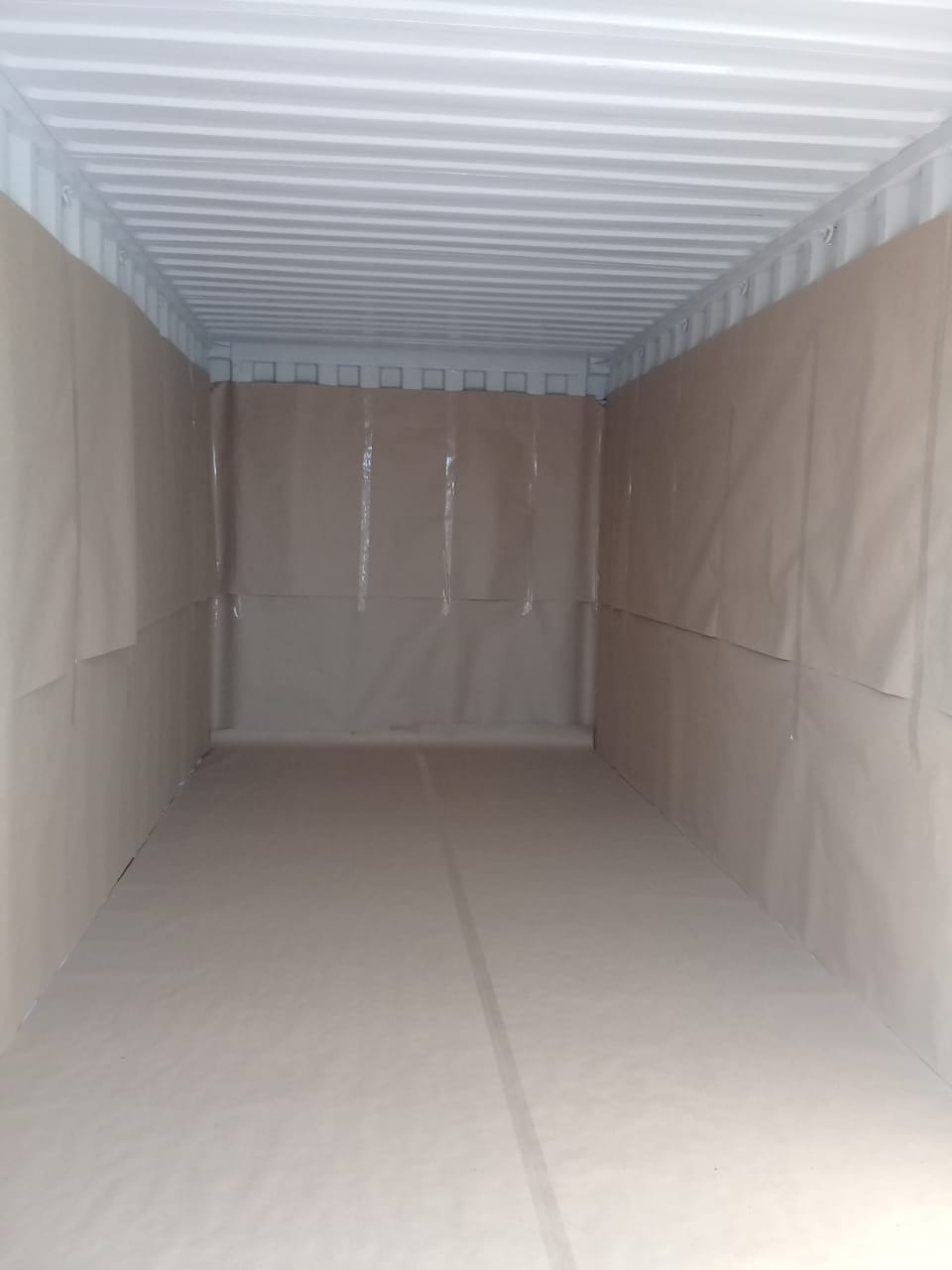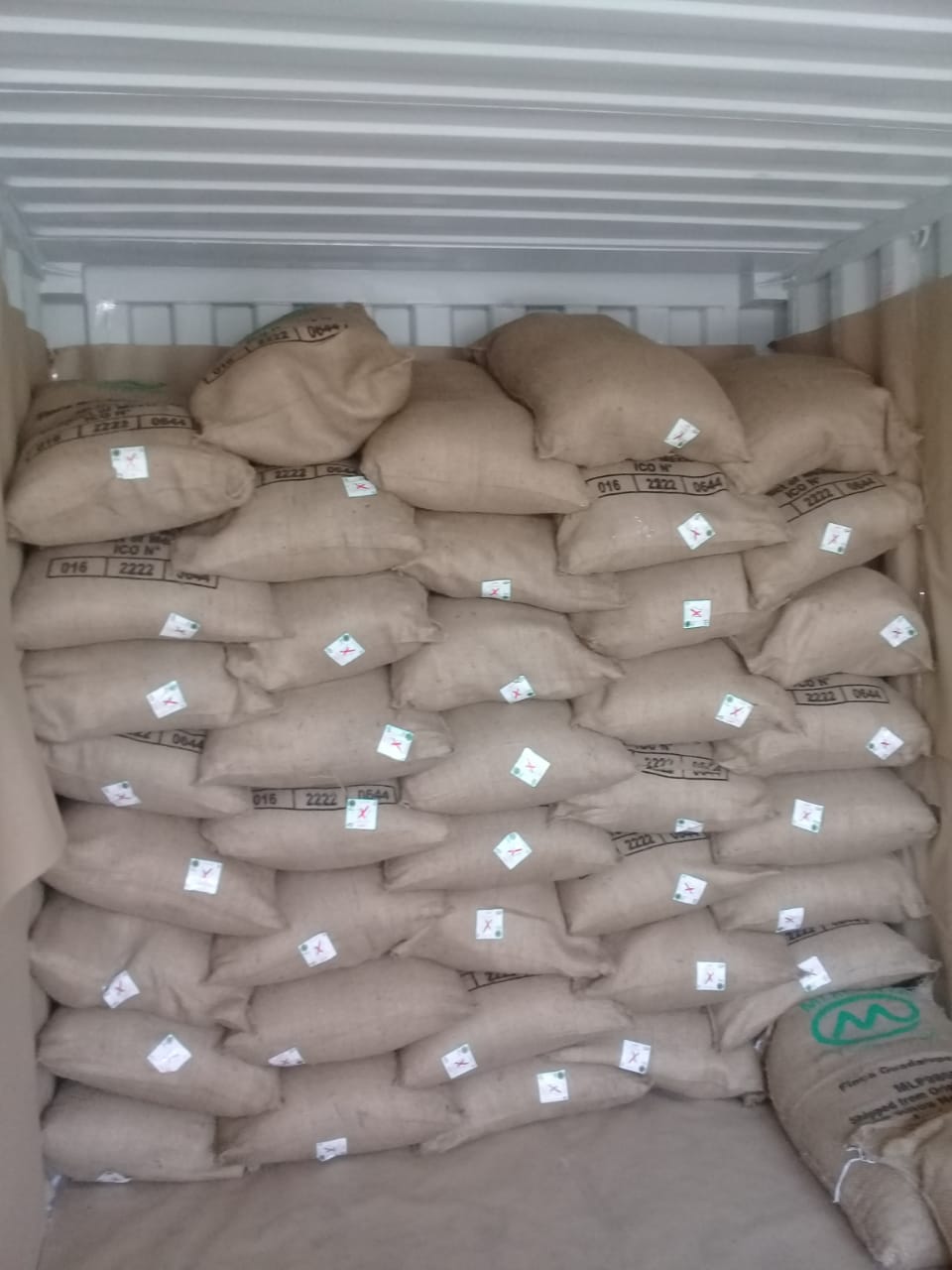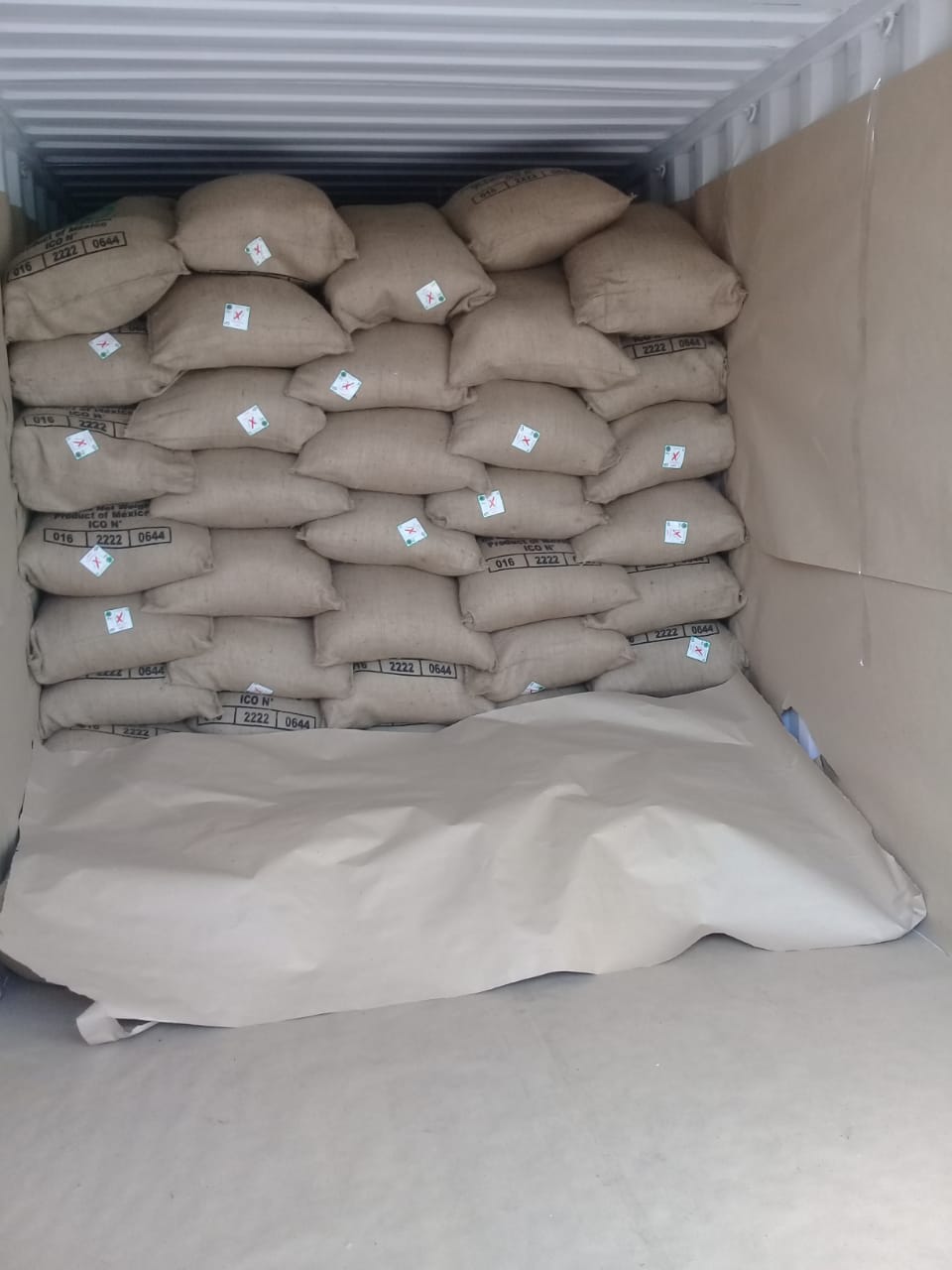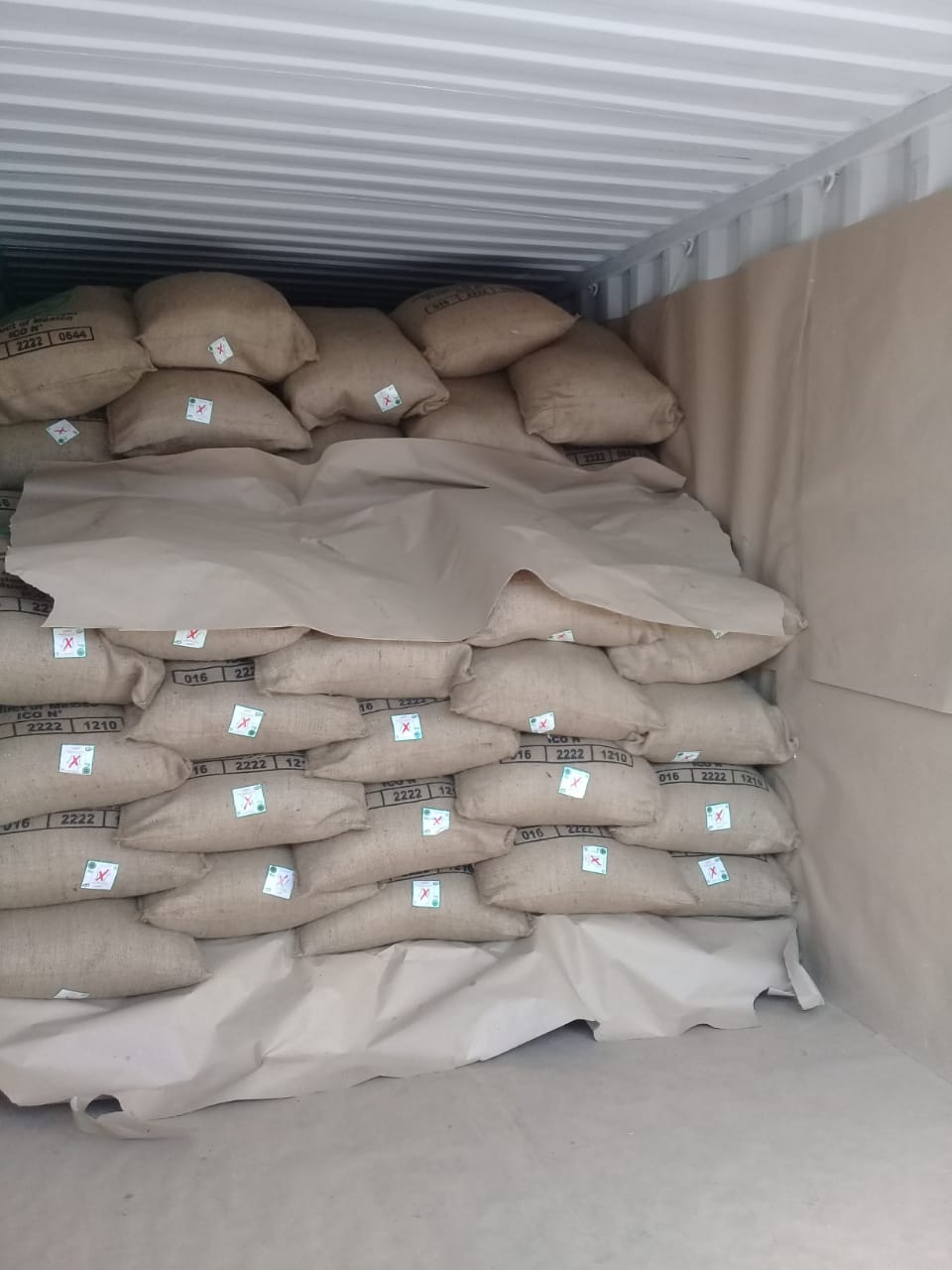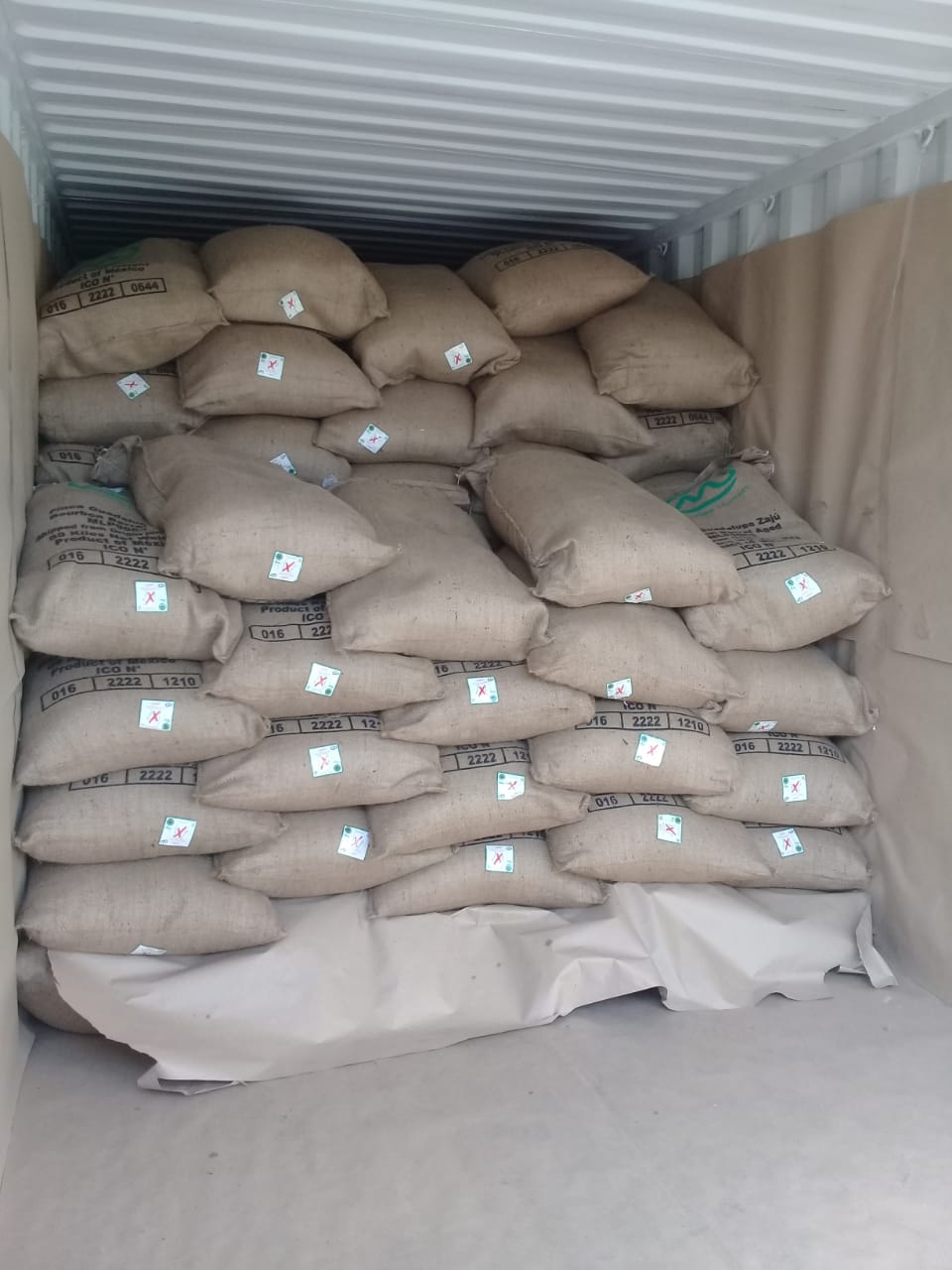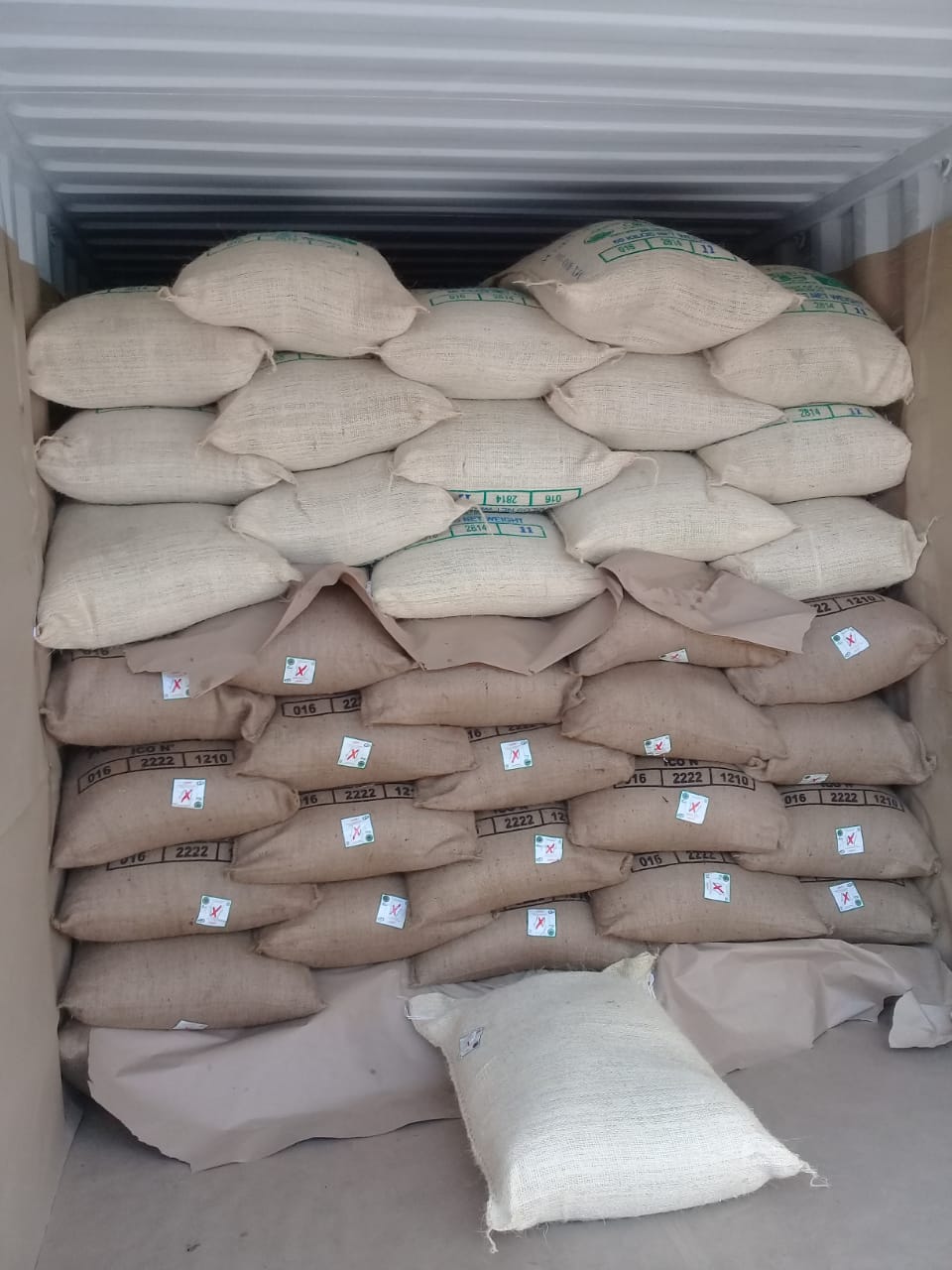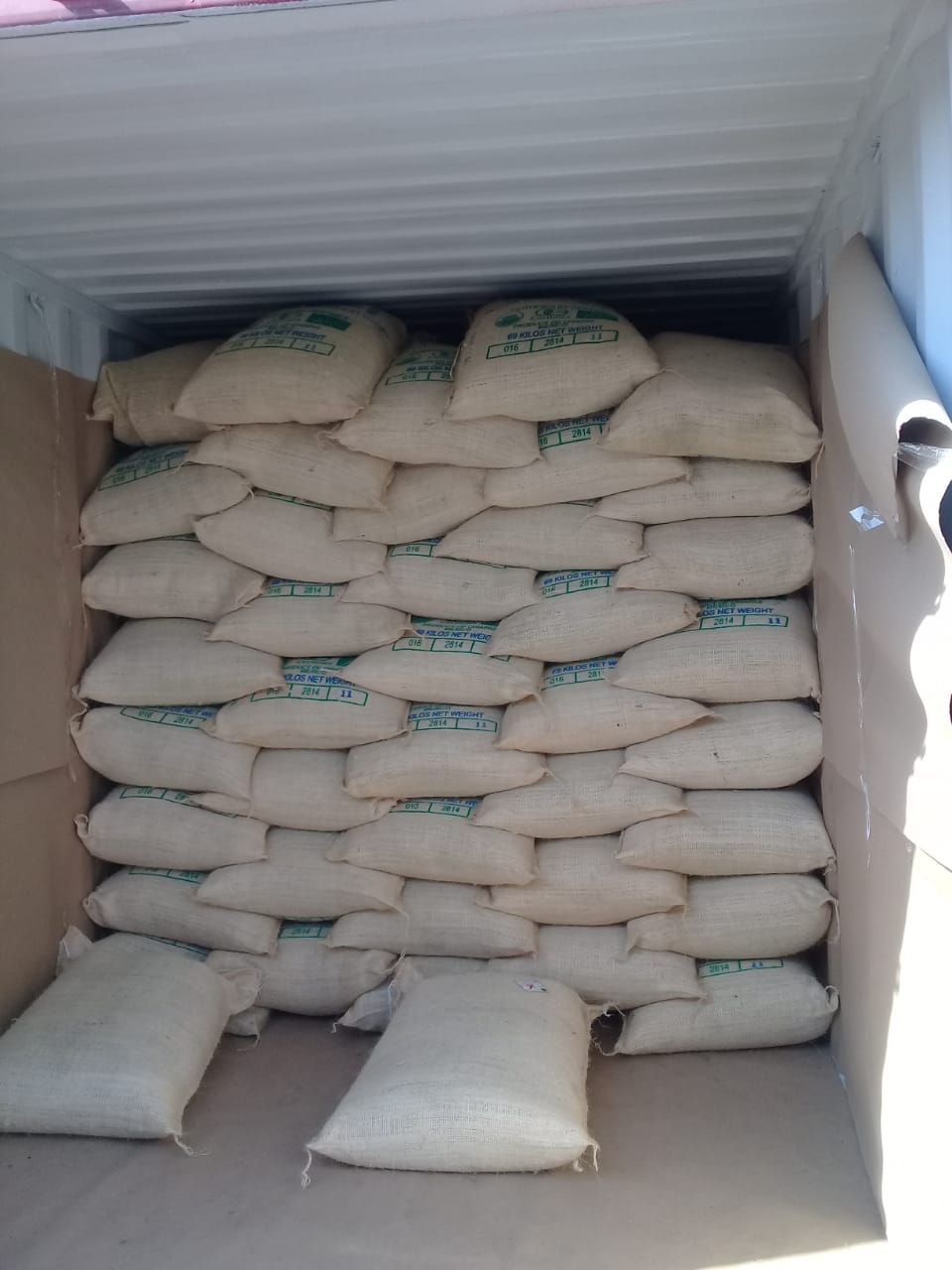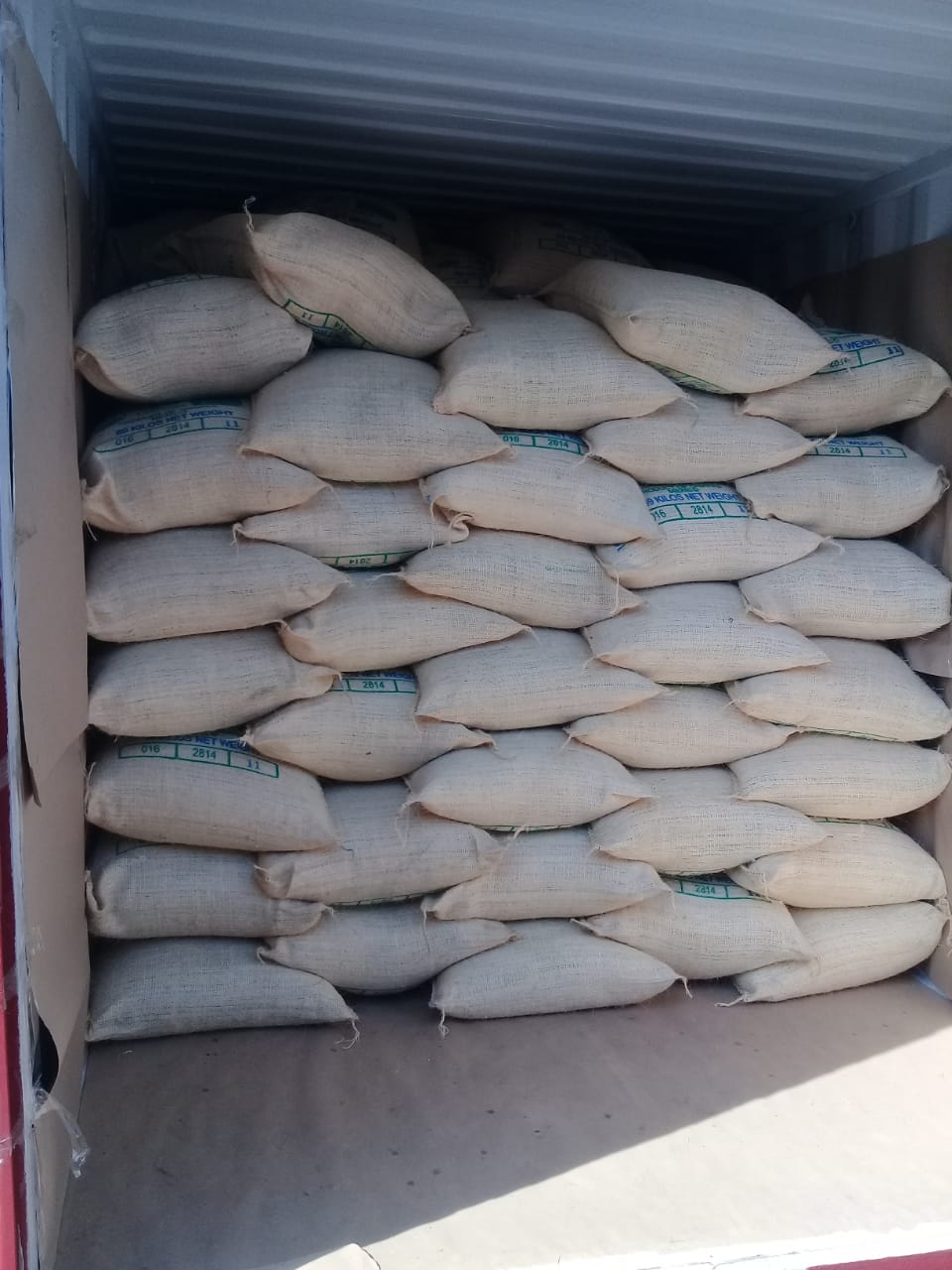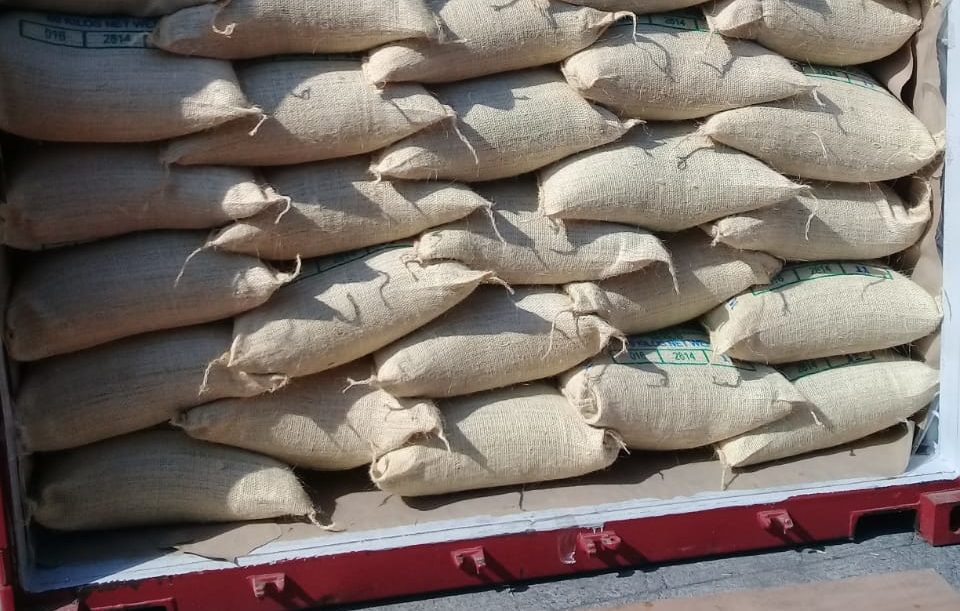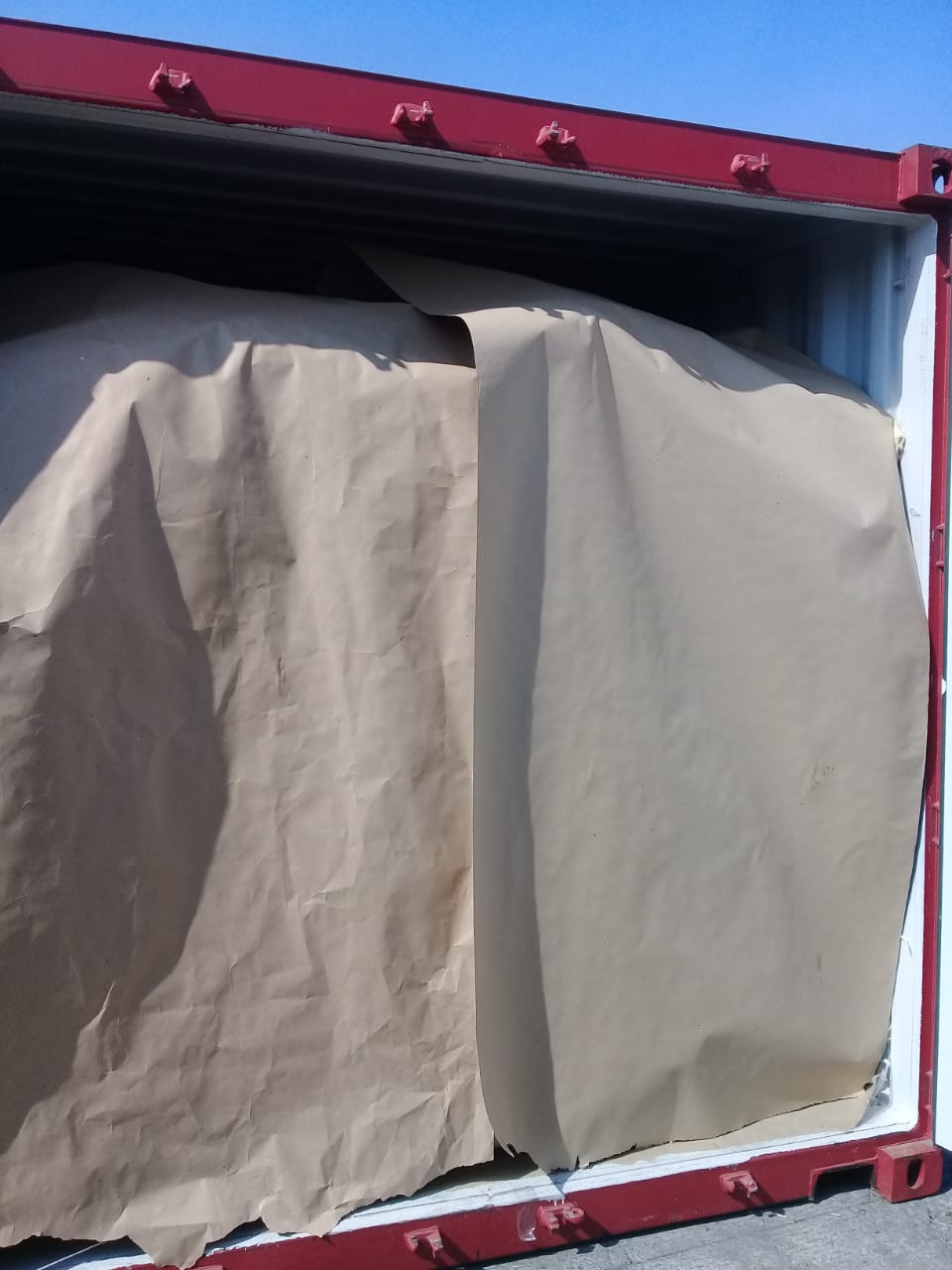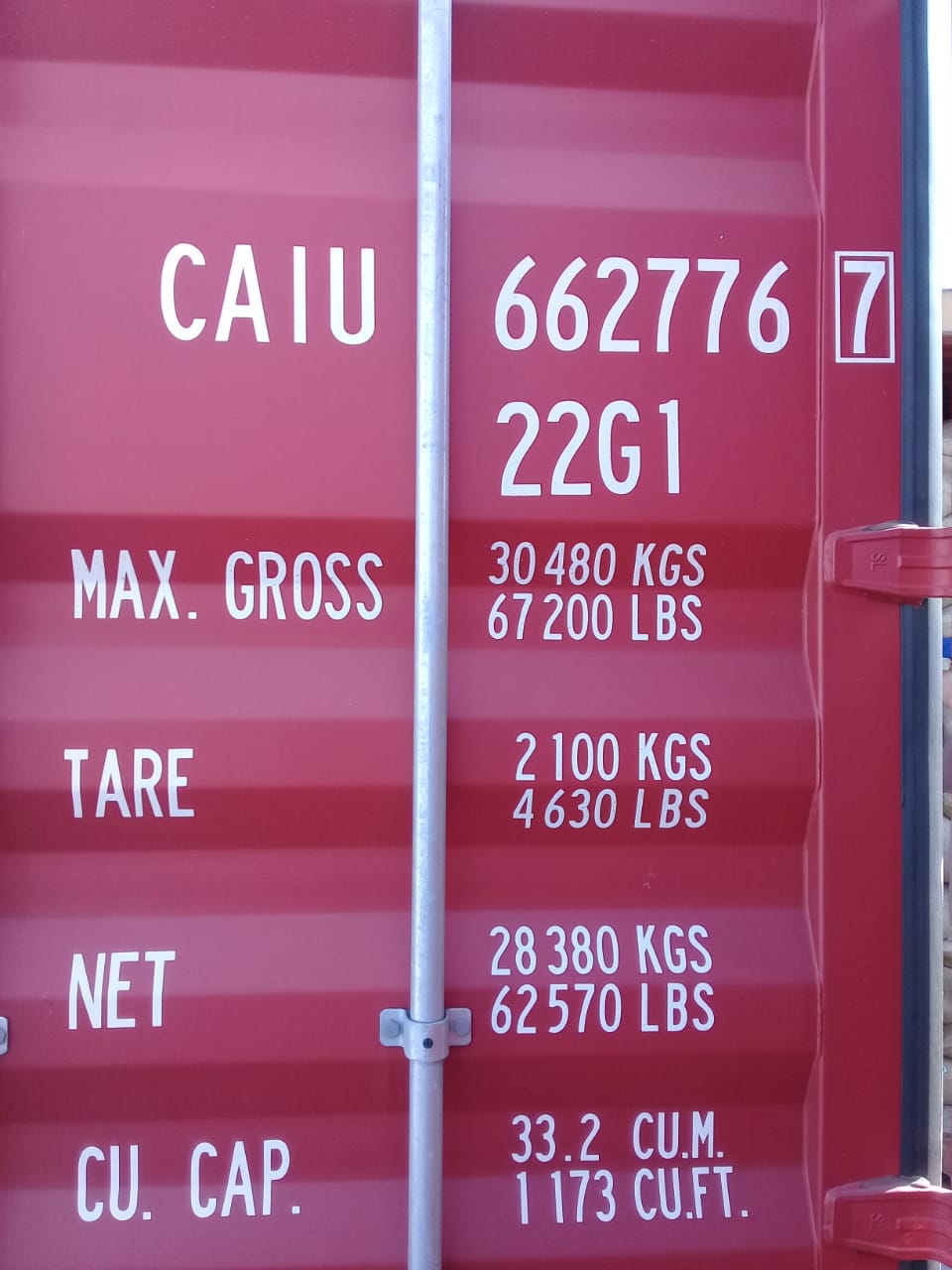Shouldering the Risks of Import: a Logistics Perspective

Mercanta UK’s Joe Fisher weighs in.
Alongside providing expert product knowledge, a web of strong contacts at origin, and relief from administrative burden, one of the central roles of the coffee importer is to move the risk of green coffee buying away from roasters and onto their own shoulders.
A significant chunk of this risk resides in the logistical chain that links the farmer to the roaster. Due to the vast distances between the major coffee growing regions and Mercanta’s key markets, any coffee Mercanta has on offer will have traveled thousands of miles. At each step of the journey, the coffee passes through human-led operations, meaning that every shipment carries the risk of error, delay, and damage.
Logistical risk is best visualised in four categories: time, quality, workload, and ownership.
Time
It’s generally accepted that time is the most precious commodity of all – a commodity so scarce that it cannot be bought, sold, or even borrowed. The inherent seasonality of specialty coffee means that time has become a key element in the roaster’s risk equation. To be competitive, a roaster must be able to access fresh current crop coffee as and when it becomes available.
For the importer this means close tracking of the farm cycle, keeping up to date with conditions and delays in key transport hubs, and keeping a good knowledge of the most reliable shipping lines and routings.
Quality
Placing coffee in a shipping container always poses a serious risk to the quality of green beans. The standard dry shipping container is a basic piece of kit – a simple metal receptacle that often bears the scars of heavy handling and extreme weather exposure. Overheating is common even under normal weather conditions. Hamburg based DWD carried out an experiment which highlighted the extreme contrast between internal and external container temperatures. The data showed that with a brown coloured container, an outside temperature of 25°C degrees Celsius corresponded to an internal air temperature of 50°C. A white container produced less dramatic results, however, the inside temperature still rose 13°C higher than the external readings.
Extreme temperatures can reduce green coffee quality by drawing too much moisture from the beans. With this in mind, the planning and careful monitoring of shipments and hold-ups by an importer can make a big difference in terms of the quality of the coffee that lands at the destination port.
Another important variable that can affect quality is excess moisture. More often than not, coffee is loaded in a tropical climate and delivered to a much cooler territory. Just like when you take your meal out of a microwave and it cools forming condensation on the inside surface of the cellophane, when a container moves from a warm to a cool climate, water droplets will gather on the internal walls of the box. Excess moisture makes the coffee prone to fungal growths which can damage quality.
To avoid this kind of situation, Mercanta works closely with exporters to ensure that containers are loaded and lined in such a way that moisture is not allowed to circulate inside. Similarly, Mercanta insists that all coffee is packed in suitable bags or cartons that offer protection from excess moisture.
Workload
The formalities around coffee import can be complex and time consuming. For the roaster, having an import partner can remove a lot of the strain, and allow time to focus on other aspects of the business. Shipments are also constantly monitored so that any issues or delays can be identified and dealt with as early as possible. Shipping documents often contain errors so having a dedicated team who are familiar with import requirements, and who hold close working relationships with shipping partners can significantly minimise the impact of delays and custom problems.
Ownership
By working with an importer the roaster can refrain from taking ownership of green coffee until it has passed the high risk stages of transit. At every step of the supply chain, coffee is at risk of pilferage, damage and loss. Although uncommon, containers and their contents do go missing. At the start of this year MSC Zoe dropped over 200 containers into the North Sea amid heavy weather.
Mercanta accept this risk as an importer, taking responsibility for the coffee from point of loading until point of delivery. This means taking out insurance for all moving cargo and warehoused coffee, and covering the financial risk during the volatile transit phase.
